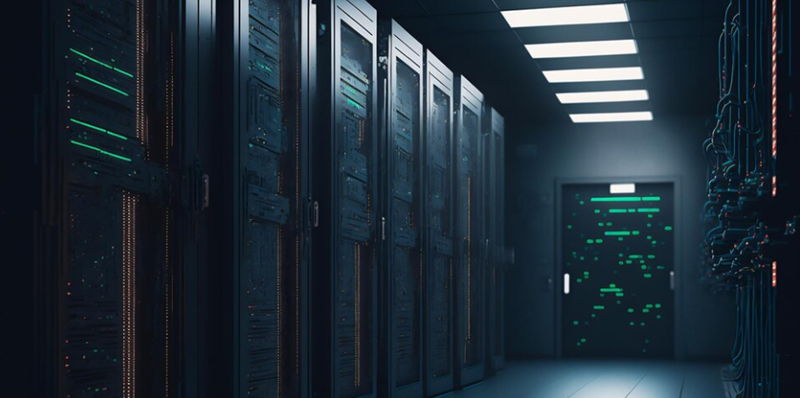In a major development for the tech industry, Microsoft recently unveiled its ambitious plan to establish a state-of-the-art data center campus in Rome, Georgia. This groundbreaking project, known as “Project Firecracker,” is set to shape the future of the region as the Rome Floyd County Development Authority (RFCDA) revealed the $1 billion investment, sparking excitement and anticipation. The new data center campus, located on a sprawling 347-acre property on Huffaker Road, east of Fouche Gap Road, aims to revolutionize the technological landscape of the area.
Project Overview
The “Project Firecracker” data center campus marks a significant milestone for Microsoft’s expansion plans. Spanning across a vast 347-acre area, the campus will be designed to accommodate advanced infrastructure and cutting-edge technologies to meet the rapidly growing demands of the digital era. To facilitate this ambitious endeavor, the property owner, Floyd County 118 LLC, worked closely with the RFCDA throughout 2021 to rezone the land for heavy industrial purposes, providing an ideal foundation for Microsoft’s vision.
Campus details
While Microsoft has remained relatively tight-lipped regarding specific details of the campus, the company aims to commence operations by 2027-2028. The comprehensive campus specifications, including the size and capacity of the data centers, are eagerly awaited by industry experts and local onlookers alike. Furthermore, Microsoft has negotiated the acquisition of the land at an estimated cost of $40,000 per acre, putting the purchase price at approximately $13.9 million.
Location and strategic factors
Situated in Rome, Georgia, the new data center campus is strategically positioned in the northeast region of the state, near the border with Alabama. This location offers an ideal balance between accessibility and proximity to potential markets. Moreover, Rome benefits from robust industrial zoning regulations and infrastructure, making it an attractive choice for Microsoft’s investment. The decision to establish the data center campus in Rome underscores the region’s ability to foster innovation, economic growth, and long-term sustainability.
Stakeholder perspectives
The announcement of Microsoft’s investment has elicited enthusiastic responses from key stakeholders. Jimmy Byars, RFCDA Chair, expressed his optimism, stating, “This is a tremendous economic opportunity for our community that will have positive impacts for decades to come.” Byars recognizes the transformative potential of this data center campus, which promises to boost employment opportunities, attract talent, and infuse the local economy with renewed vitality.
Paul Englis, Microsoft’s Director of Community Engagement, shed light on the choice of Rome, Georgia as the location for the data center campus. Englis emphasized that Rome’s industrial zoning and robust infrastructure played a pivotal role in the decision-making process. Microsoft recognizes the immense potential of the community and aims to leverage local resources to foster innovation, create jobs, and deepen its ties with Georgia.
Prior Announcement and Expansion in Georgia
The “Project Firecracker” data center campus in Rome builds upon Microsoft’s prior commitment to the region. In 2021, the technology giant revealed plans for a major cloud region known as East US 3 in Georgia. This earlier announcement demonstrated Microsoft’s confidence in the state’s digital infrastructure and its commitment to further expanding its operations.
Microsoft’s plan to establish a $1 billion data center campus in Rome, Georgia, signals a remarkable turning point for the region. This transformative project holds immense promise for economic growth, job creation, and technological advancement. With the targeted go-live date set for 2027-2028, the “Project Firecracker” data center campus will play a pivotal role in positioning Rome as a thriving hub for innovation, bolstering the community and the state’s reputation on the global stage. Anticipating lasting positive impacts, Rome and its residents eagerly await the arrival of Microsoft’s groundbreaking data center campus.

